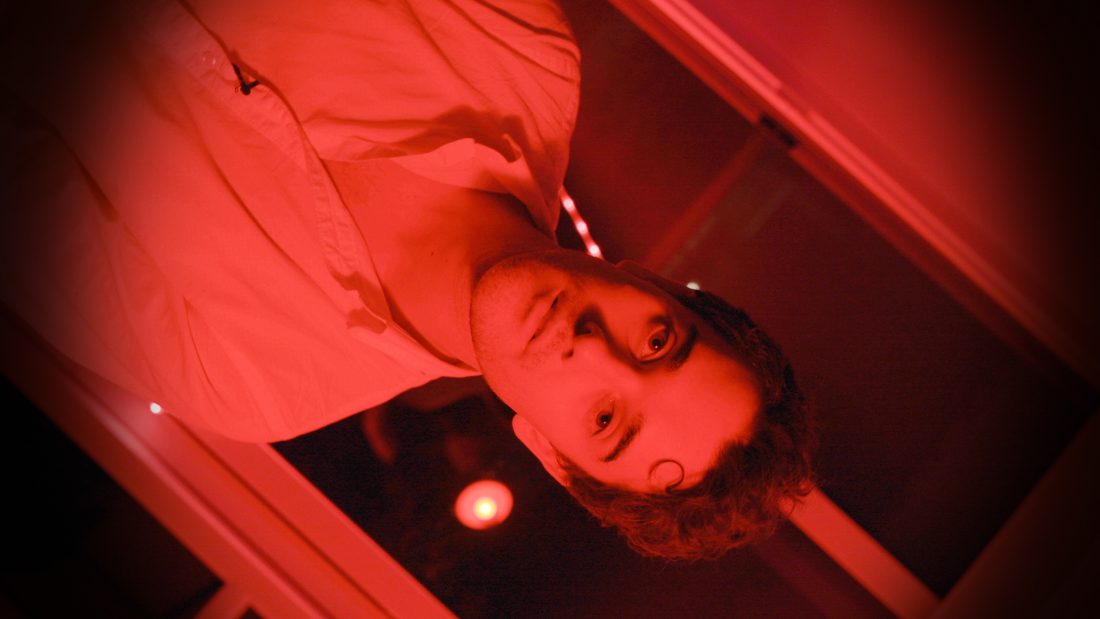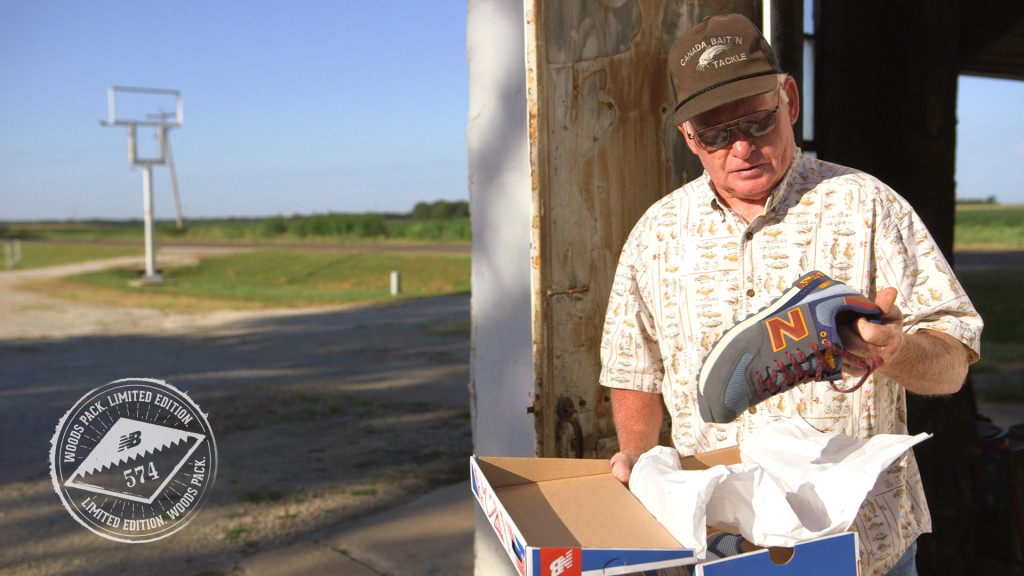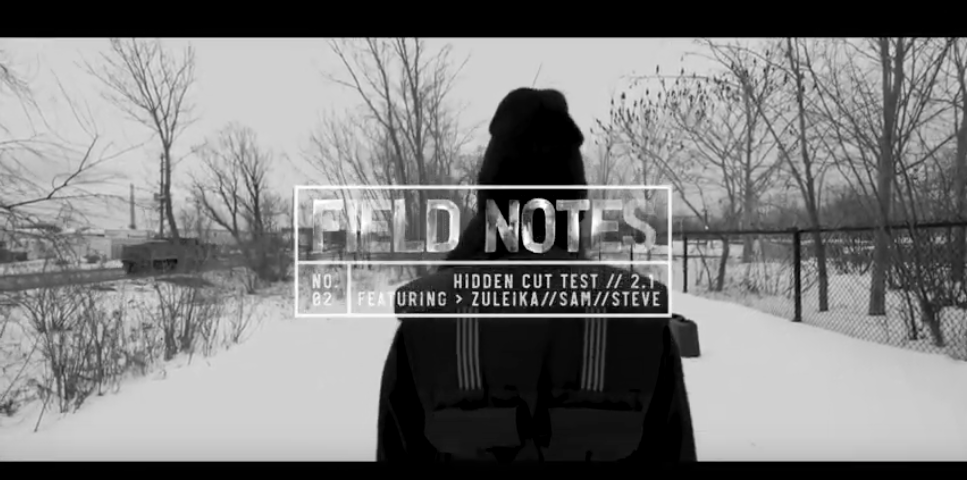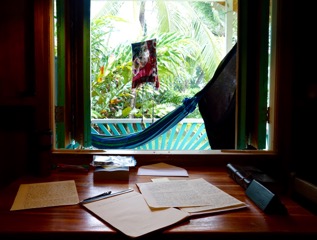
Smartphones are CRACK. I needed REHAB. Extreme Unplugging for 58 days*
Chapter 2: 58 days of self-imposed isolation
BANG! BANG! In the middle of the night I jumped out of bed to what sounded like five gun shots ringing out. My heart was thumping. Strange noises echoed through the jungle around my cabin, then quick flashes of light. I was 5 days into my “self-imposed isolation” in a remote spot in eastern Costa Rica. I’ll admit, I panicked. Should I run to a neighbour? (Which I’d never find in the dark and the pouring rain) Hide under the bed? Or call Costa Rican 911? And then I remembered I’d committed to go tech free (& phone-free) for the duration of my retreat. So hiding under my bed seemed like the safest option.
Let me be clear, I love tech. Over the past 20 years I have personally and professionally extolled the virtues and power of technology to the world. I was (maybe still am) a TECH evangelist. But what I didn’t anticipate was the 2007 launch of a single device, the smartphone. A “tool” that delivers the addictive power of crack, nicotine, sugar, fat and alcohol, all in one tidy package. And I am nothing if not a woman with an addictive personality.

Experience told me if I wrote on a laptop, reviewed emails, surfed social sites, and binge-watched Norwegian detective series during my “retreat” I’d NEVER, really ever, “get away from it all.” Isolation wouldn’t be isolation. Over the past decade my holidays have been forever transformed by the ubiquity of the smartphone; cheaper and cheaper global plans, access to Wi-Fi everywhere – from roadside shacks, to buses, vans, mountain tops and beaches. IMO it’s ruined the idea of “taking a break” – the very idea of holiday, entirely. I knew I needed rehab and I knew it needed to be hardcore; so cold turkey it was.
In all honesty, I did have stumbles, crisis of conscious, strange interactions and bewildered confusion from locals, but I also experienced more clarity, focus, energy and creative output than I have experienced in a very long time. Obviously being away from home for months, without the day-to-day pressure of home and work life, should deliver focus and clarity. But it did take some time to get there.
When I first discovered it wasn’t safe to venture out by myself at night, I was a bit freaked out by the idea that I’d be shuttered (to keep out the bugs and bats!) in my tiny cabin from 530PM to 630AM every day. The first few evenings without the warm glow of Netflix, the mindless scrolling of social, or simply human interaction, I will confess resulted in a few moments of claustrophobia, and mild panic. I paced around my small room, I read, I wrote; filling the void with the only activities I had to occupy my time.
But after a few weeks of being unplugged I felt like Captain Picard; I’d broken free of the collective Borg. No Trump tweets, no work inquires, no noise filled with observations, articles, photos, brilliant and insightful, or weird and inane. And the longer I was unplugged the more I loved the quiet, the silence, the long restful sleeps, the routine of simple pleasures. I was living and breathing the natural rhythm of the day. Feeling like I was really achieving what the mindfulness gurus describe as “being present.” It was glorious and energizing.
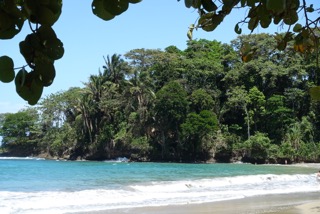
Not having tech also changed the whole experience of exploring my surroundings. The first time I rode my bike to town, I looked for a coffee shop and couldn’t find the one. My mind immediately wandered to Google maps, Yahoo and Lonely Planet and while it was strange for a few moments I relaxed and let go of the idea of finding the perfect recommendation from the social hive. Instead, the next 8 weeks were filled with exploring unmarked roads, Caribbean food hideaways, visually comparing beaches and surfs, getting lost and finding myself on the most stunning beach with a bar run by engaging French ex-pats.
When I’d meet fellow travellers I discovered I had covered more territory and explored more nooks and crannies, because I followed my nose and instinct instead of throwing out a request for recco’s online. I was really traveling; but I was really living too, cooking without online ordering, traveling without Google maps, exploring and doing what I wanted and being thoughtful without all the noise.
But I didn’t achieve a perfect tech free retreat. When I decided to travel for a week to the west coast, I couldn’t fly or organize ground transportation without my phone. Part of me was so disappointed that I had to re-engage with technology. I fondly remembered a six-month trip in South East Asia in 1990, when my husband Richard and I more than survived in the pre-tech era. But now it seems that living without tech and traveling from place to place is, I fear, almost virtually impossible.
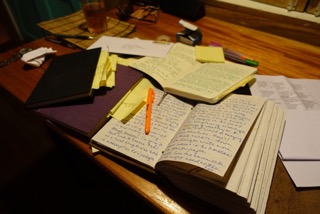
Not all of us addicts can get away for 58 days of rehab (it took me 10 years to make it happen) but here’s the thing –nothing is stopping us from changing the frequency of our daily injections and getting a little tech rehab. Try turning off your phone when traveling from place-to-place, leave it at home when you are going out for the day. Turn if off for the weekend. Get rid of notifications, or try taking all your social apps off your phone. Believe me, the world will not come to an end. Too many of us get anxious if our battery is dead, if we miss a call or text, or leave behind or lose our device. It feels like our perception of what, when, and how often we need a phone has a gotten more than a little out of whack. There’s this sense that life without a smartphone is dangerous.
All I can say is, I survived flat tires, getting lost, dead bats and “gunshots” without maps, apps, internet, or a phone. And BANG, now I know we don’t need our phones as much as we imagine we do. What about you?
Up Next: 58 Days of Isolation Part 3: The Plan: Don’t Plan…

